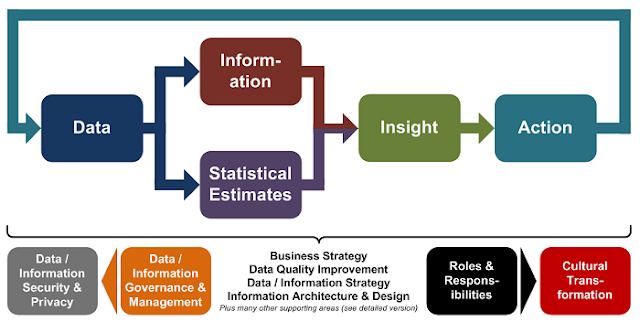Monitoring and evaluation (M&E) is crucial for driving improvement in health systems. By collecting, analyzing, and interpreting data, M&E provides valuable insights that guide decision-making and enable targeted interventions to improve health outcomes. From identifying gaps and inefficiencies to driving accountability and continuous learning, the role of M&E in driving improvement in health systems cannot be overstated.
One of the primary benefits of M&E is its ability to identify gaps and areas for improvement within the health system. By monitoring various health indicators, such as access to care, quality of services, and patient outcomes, M&E helps identify where the health system may be falling short. For example, if M&E data reveals long wait times for patients seeking specialized care, decision-makers can prioritize allocating resources to address this issue. The identification of gaps gives health systems the opportunity to target resources and interventions to areas of greatest need, ensuring that improvements are made where they will have the most significant impact.
Furthermore, M&E plays a critical role in driving accountability within the health system. By establishing performance indicators and regularly monitoring and evaluating progress, decision-makers can hold stakeholders accountable for their roles and responsibilities. This accountability fosters a culture of responsibility and drives efforts to improve performance. When individuals and organizations know that their performance is being monitored and evaluated, they are more likely to strive for excellence and continuously seek ways to enhance their contributions. Accountability is a powerful driver of improvement and is made possible through the systematic practice of M&E.
In addition to highlighting gaps and driving accountability, M&E facilitates continuous learning and improvement in health systems. Through the evaluation of programs, interventions, and policies, M&E generates evidence on what works and what doesn't. This evidence enables decision-makers to make informed choices about which strategies and interventions are most effective. For example, if M&E data shows low adherence to a specific clinical guideline, decision-makers can evaluate the reasons behind this non-compliance and work on strategies to improve it. By learning from both successes and failures, health systems can adapt their practices, refine their approaches, and continuously improve their performance.
The data collected through M&E also provides a valuable resource for research and innovation within the health system. Researchers and policymakers can analyze the data to gain insights into health trends and patterns, identify risk factors, and explore innovative approaches to address health challenges. The availability of quality data allows for evidence-based decision-making and facilitates the development of effective, targeted interventions. Without M&E, the knowledge and evidence generated through data collection would be limited, hindering progress and improvement within the health system.
The success of M&E in driving improvement in health systems relies on several factors. First and foremost, robust data collection systems and quality assurance measures are essential. Accurate, reliable, and timely data are crucial for generating insights and informing decision-making. Additionally, trained personnel capable of effectively analyzing and interpreting the data are necessary to derive meaningful conclusions and recommendations. Moreover, effective communication and coordination between stakeholders are vital to ensure that M&E findings are disseminated and acted upon.
In conclusion, M&E is a powerful tool for driving improvement in health systems. Through the systematic collection, analysis, and interpretation of data, M&E enables decision-makers to identify gaps, drive accountability, promote continuous learning, and facilitate innovation. By leveraging data into action, health systems can make informed decisions, allocate resources effectively, and implement targeted interventions to enhance health outcomes and the overall performance of the system. Investing in M&E capabilities is essential for driving improvement and achieving better health for all.


Post a Comment
Full Name :
Adress:
Contact :
Comment: